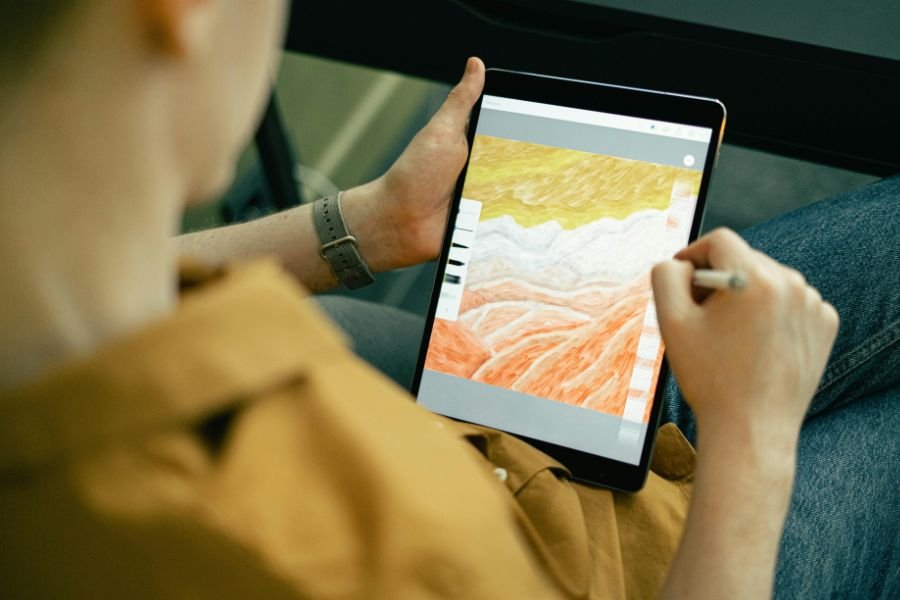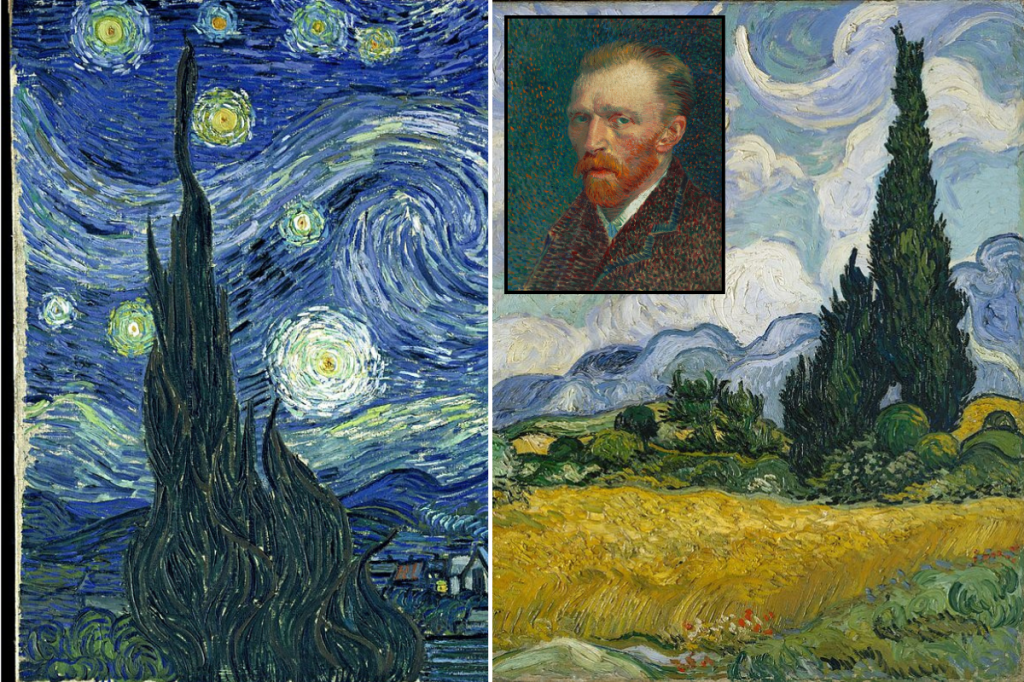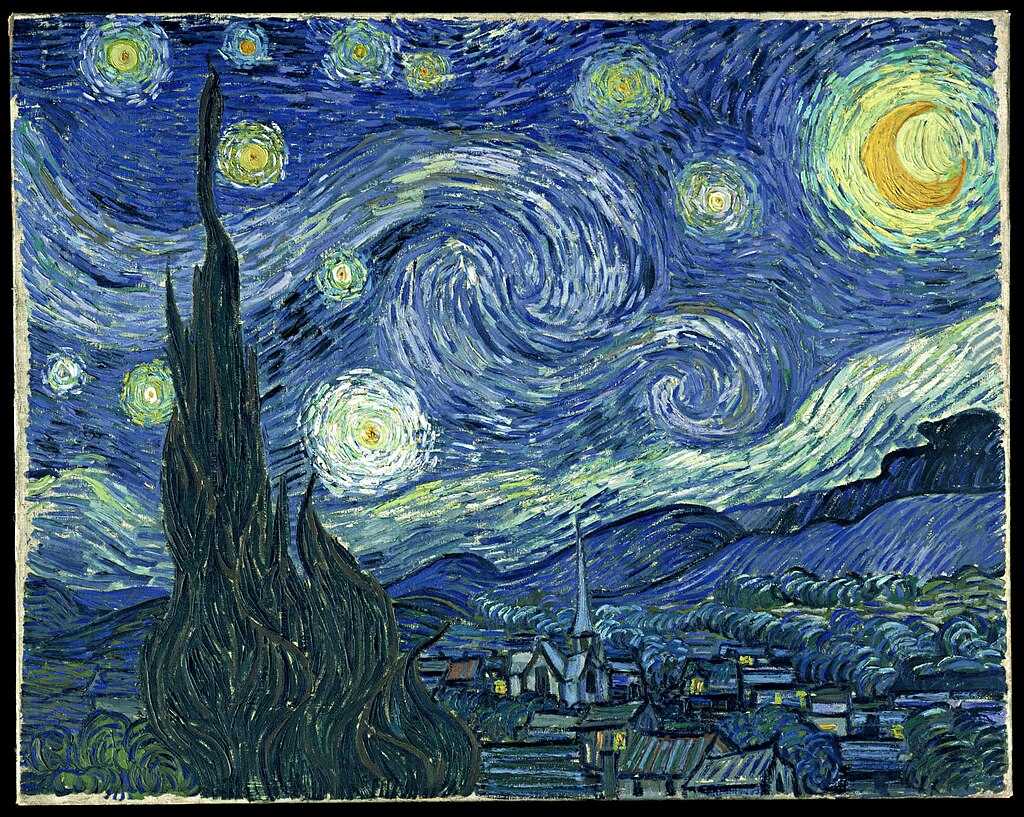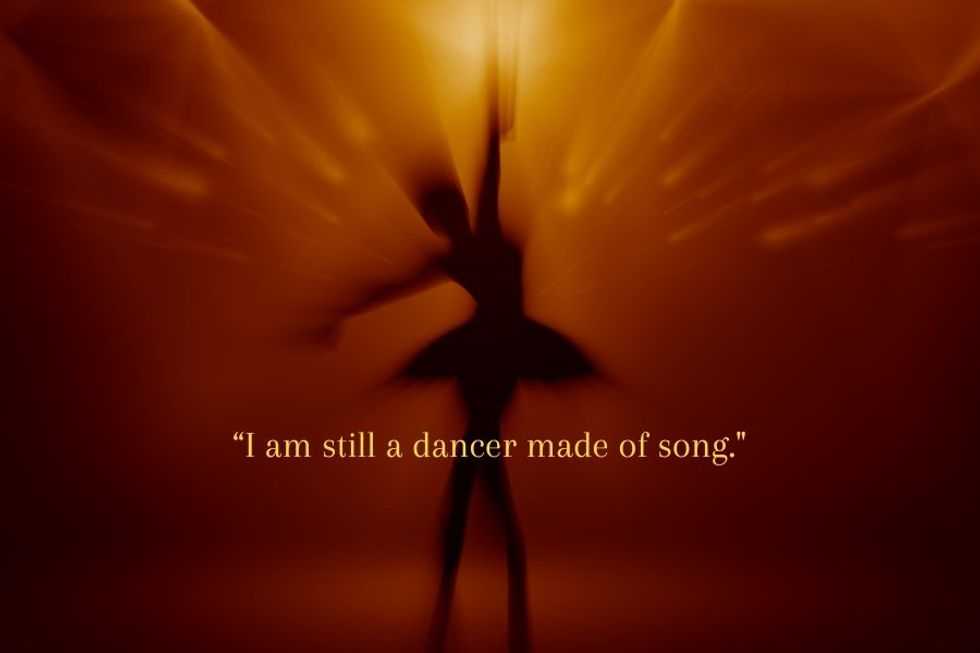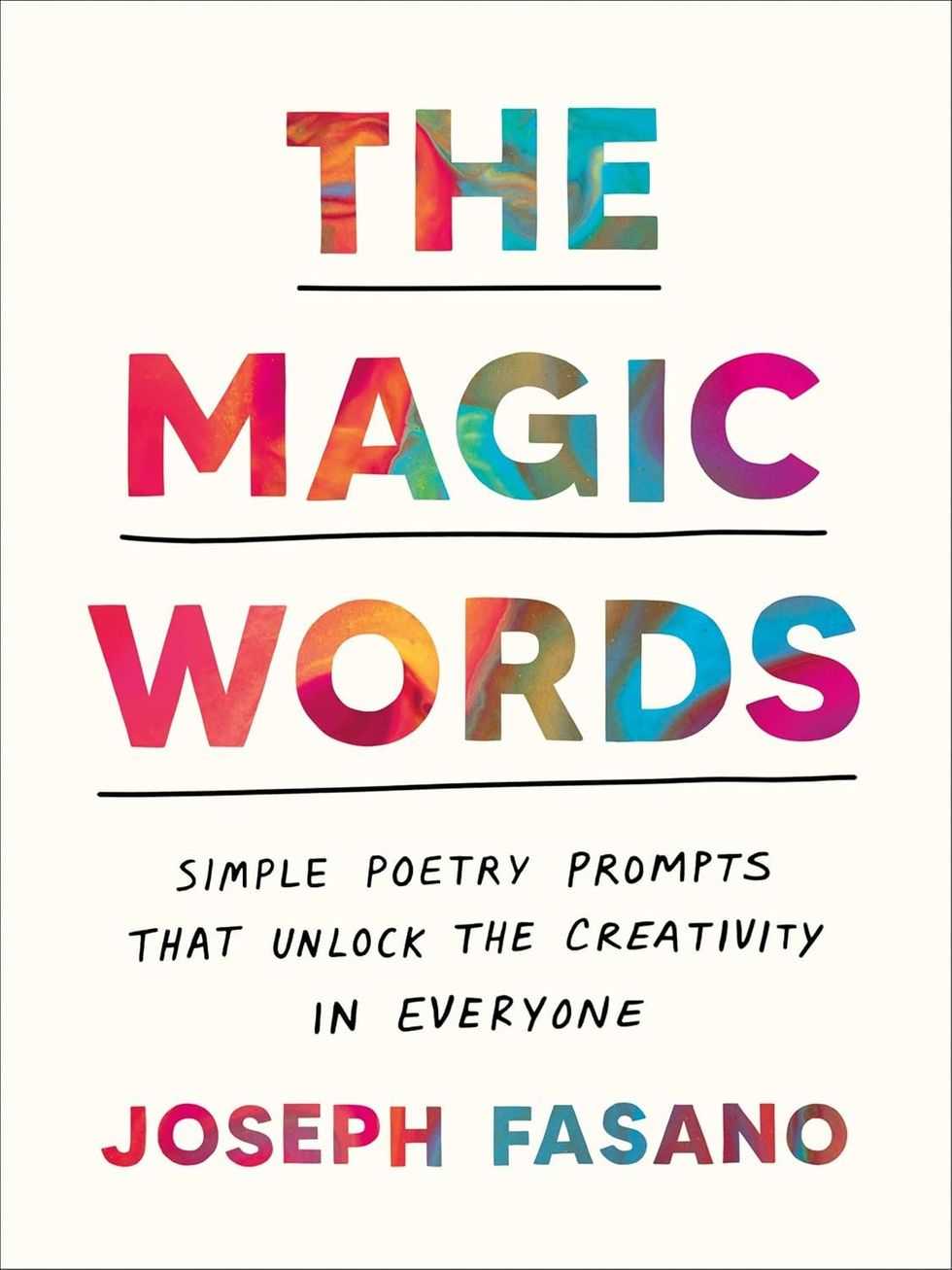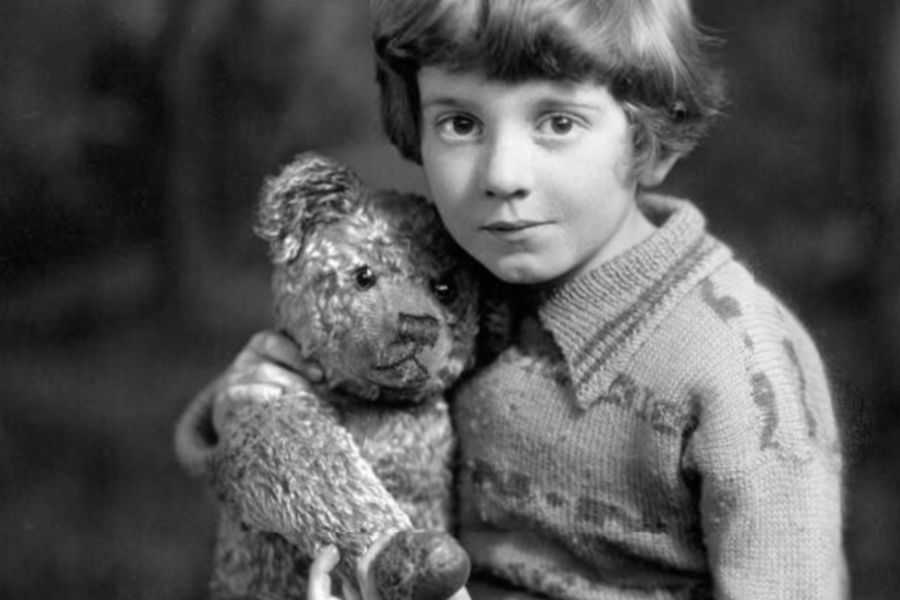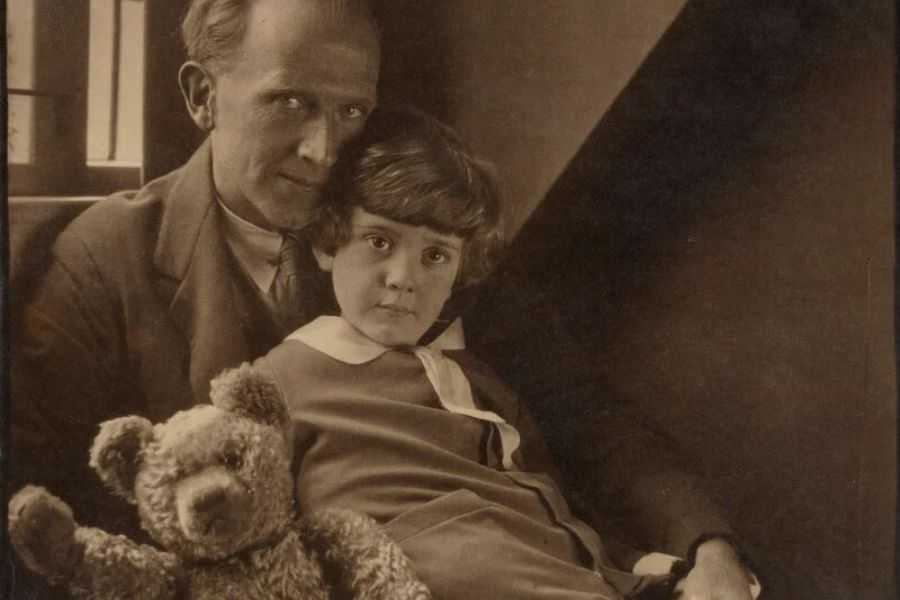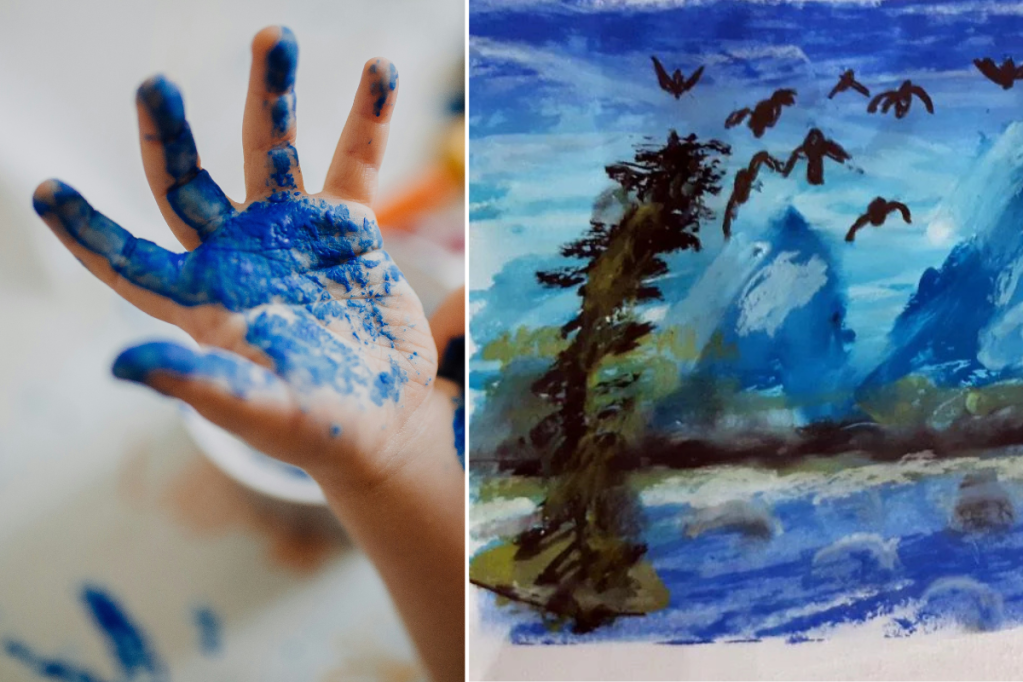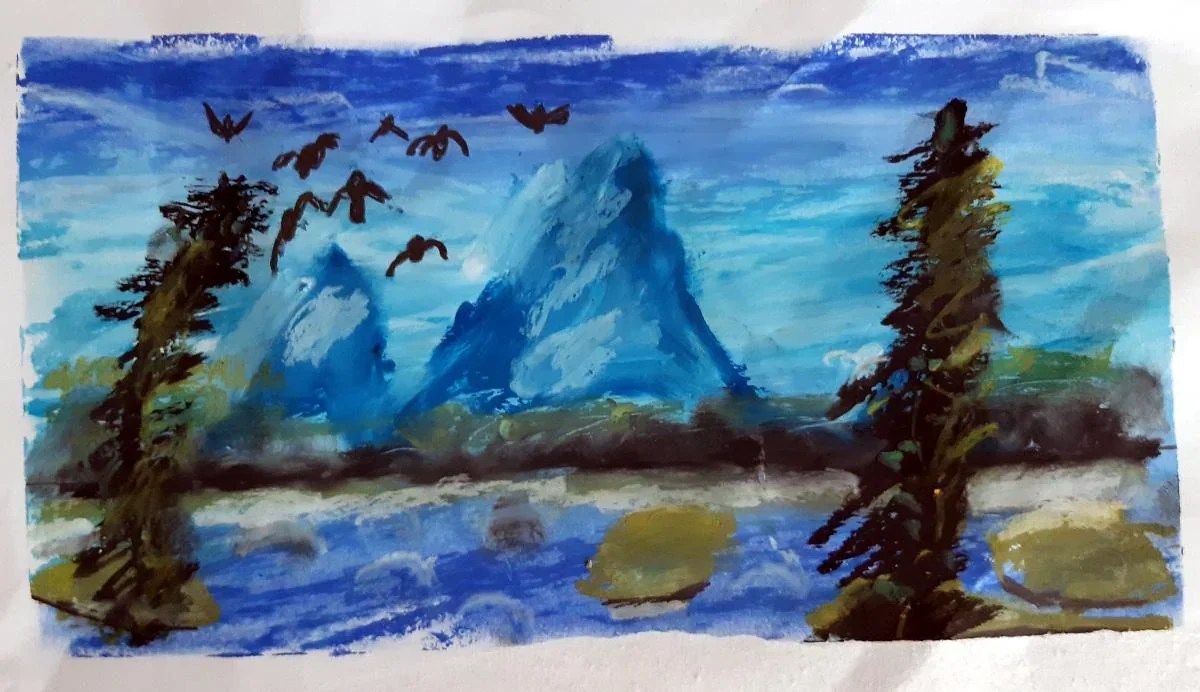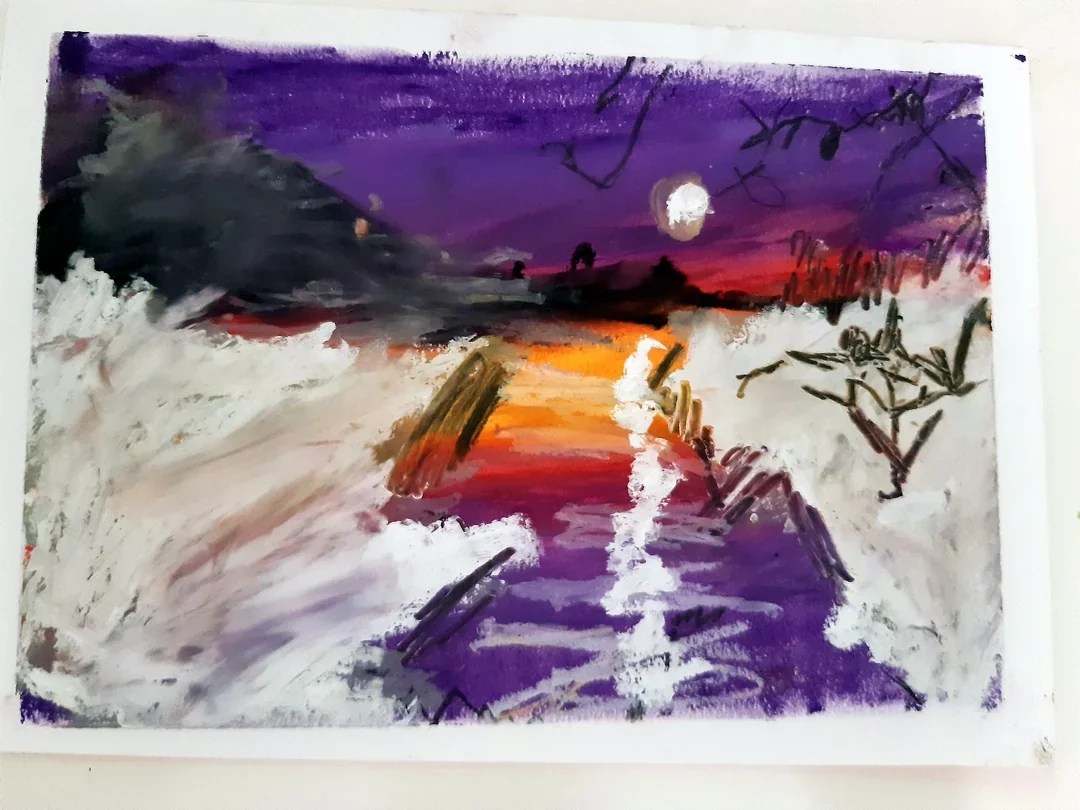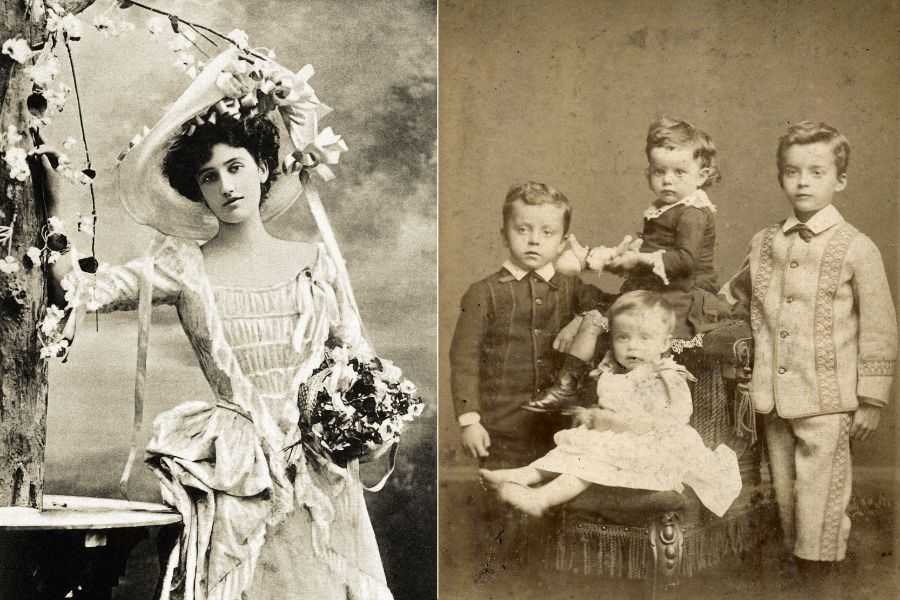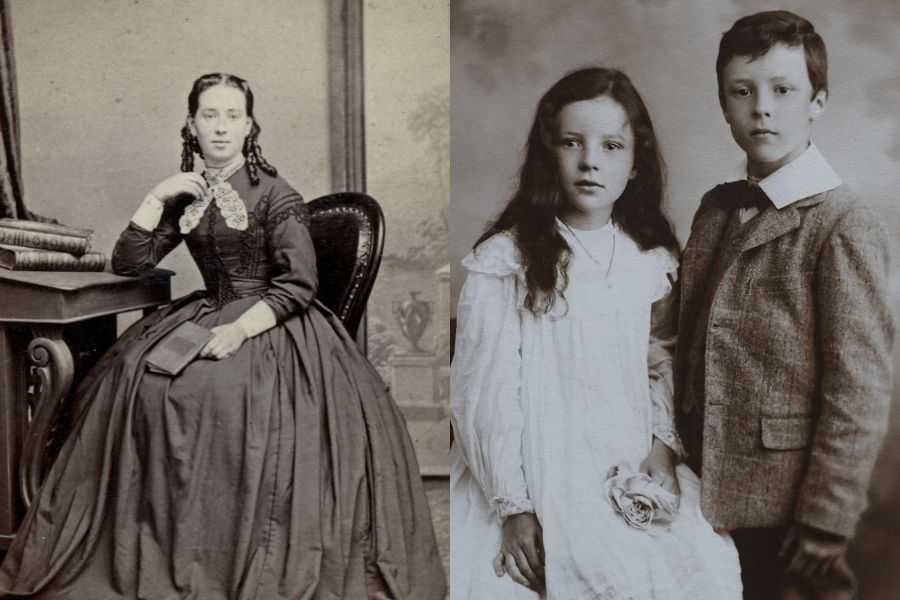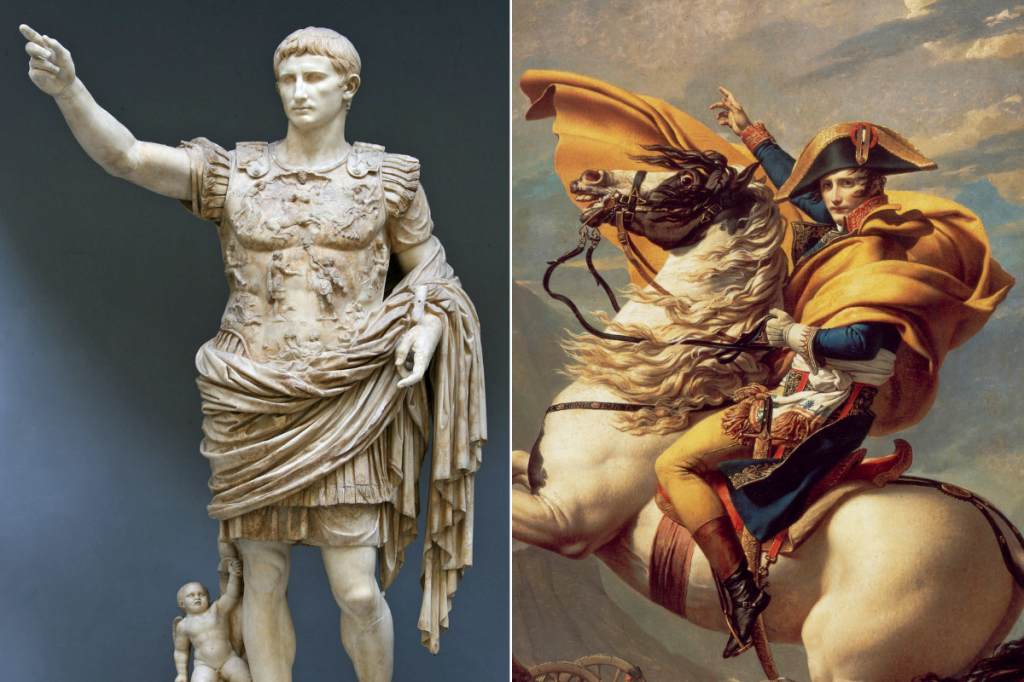Whether we like it or not,artificial intelligence (AI) has arrived in our lives. Once only the subject of sci-fi films and tech geeks’ imaginations, various iterations of AI technology are now in use across nearly every industry.
Depending on your beliefs about and understanding of AI, that’s either a good or a bad thing. At this point, most people seem to recognize and acknowledge that there are some profoundly helpful uses for AI, while also feeling trepidation about the reliability of popular language learning models such as ChatGPT, Gemini, Perplexity and other AI tools many of us have begun using regularly.
One realm that has seen significant backlash against AI is art. It’s one thing for a machine to do complex equations or write code or or analyze medical images or defuse a bomb. It’s another to replace human creativity with AI, which is why Procreate co-founder and CEO James Cuda is saying “no” to incorporating AI tools into the company’s art software.
Procreate is a popular iPad app with the slogan “Art is for Everyone,” which allows users to sketch, paint, illustrate and animate. In a video shared on X, Cuda was blunt. “I really f__king hate generative AI,” he said in a post captioned, “We’re never going there. Creativity is made, not generated.”
“I don’t like what’s happening in the industry, and I don’t like what it’s doing to artists,” he said. “We’re not going to be introducing any generative AI into our products. Our products are always designed and developed with the idea that a human will be creating something.”
Watch:
“We believe we’re on the right path supporting human creativity,” he concluded. Cuda’s announcement comes as its biggest competitor, Adobe
A statement on the Procreate website explains further:
“Generative AI is ripping the humanity out of things. Built on a foundation of theft, the technology is steering us toward a barren future. We think machine learning is a compelling technology with a lot of merit, but the path generative AI is on is wrong for us.
We’re here for the humans. We’re not chasing a technology that is a moral threat to our greatest jewel: human creativity. In this technological rush, this might make us an exception or seem at risk of being left behind. But we see this road less travelled as the more exciting and fruitful one for our community.”
Generative AI has been labeled as theft due to the AI models using real art from real artists to generate images. Many artists celebrated Cuda’s announcement, praising Procreate for supporting and empowering artists. Others said the company was being overly sentimental and out of touch with the times.
It’s important to note that Cuda specifically refers to “generative AI” which does not mean all AI. Artificial intelligence isn’t just one thing—there are various AI models, some of which are used for predictions and analysis and others that are used to “create.” It’s the generative AI used to create that has artists, musicians, writers and other creative professionals up in arms.
The question of what “counts” as art has been debated for centuries, but we’ve always agreed that art comes from humans. Some see art as the creative expression of the human spirit, which makes machine-created art feel soulless. Easier and more efficient, perhaps, but lacking the intangible, inspiring, intriguing quality of individual human creativity.
As Cuda said, “We don’t exactly know where this story ends or where it’s going to go.” Perhaps resisting generative AI is a losing battle and humans are doomed to be replaced by machines. Maybe AI-generated art will simply make 100% human-created art more valuable and in-demand. Maybe there’s another possibility no one has even conceived of yet. However things turn out, it’s the real choices real humans make that will determine what direction we will go.

